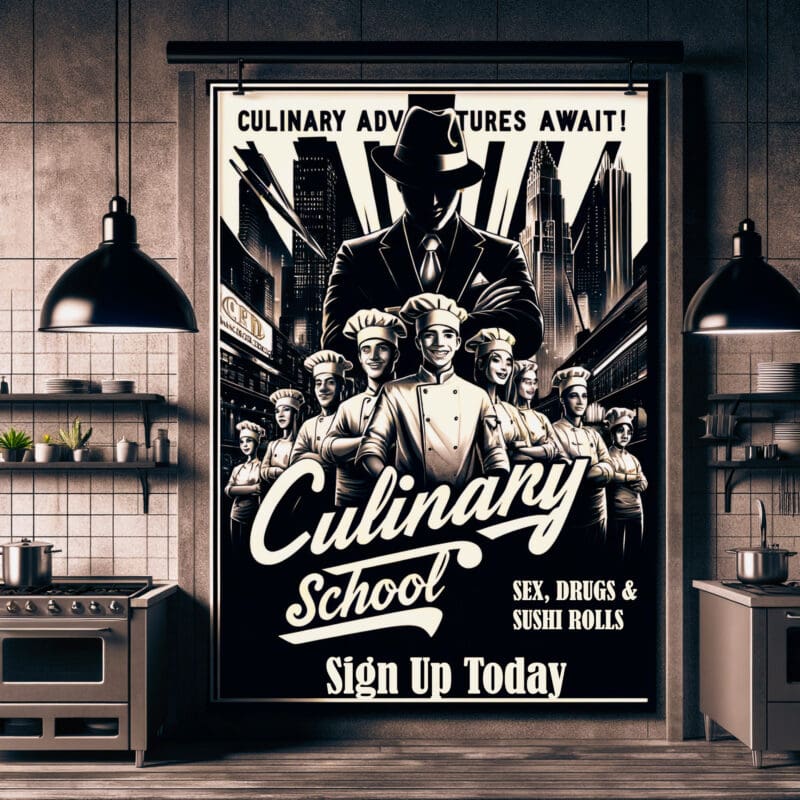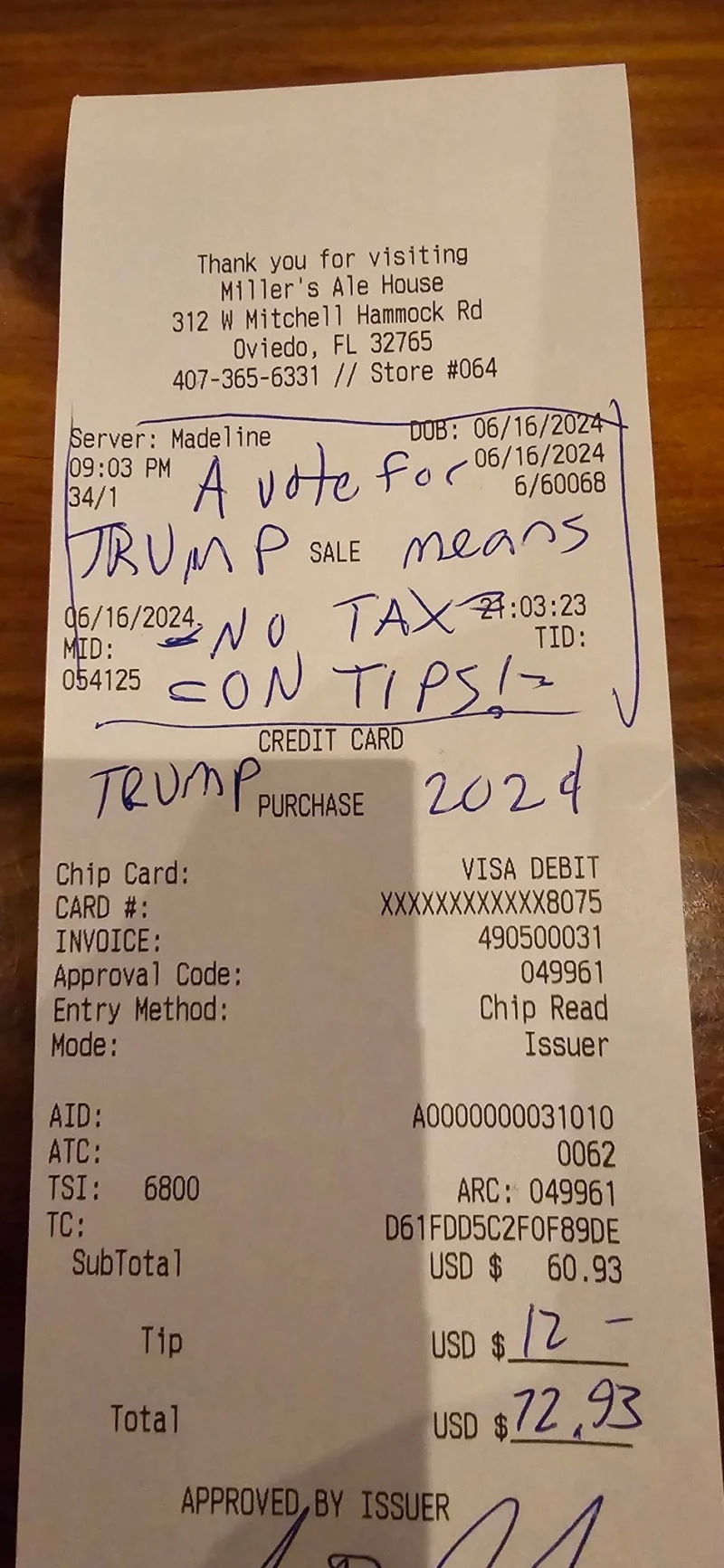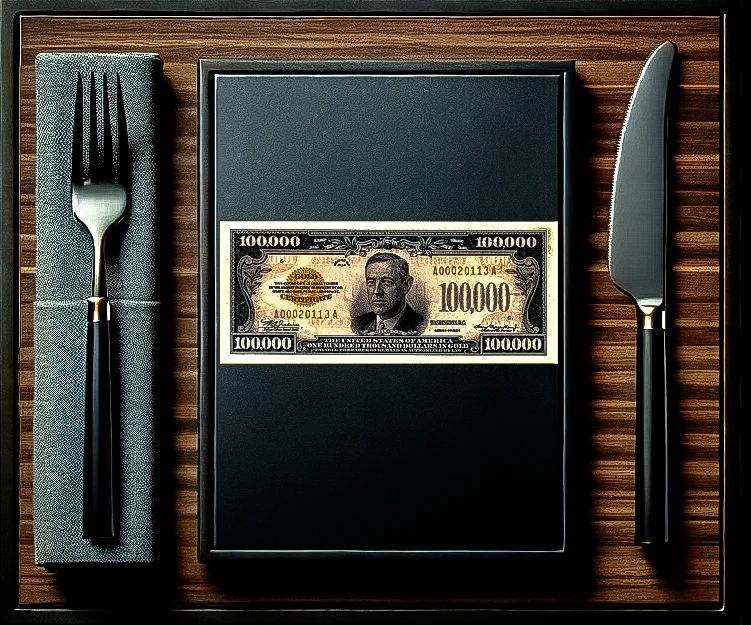foh-boh
Weighing Culinary Diplomas Against Kitchen Battle Scars
Culinary School VS The School of Hard Knocks
We’ve all been there late at night when an ad with unlicensed, upbeat music kicks in, followed by food flying in slow motion, before someone in a white coat points at a plate and a voice comes over the top with,
“Do you dream of a career in culinary arts? Make your dreams a reality in just two short years at….
” You take a moment to ponder the what-ifs. Education is there whether you want to become a lawyer or a mechanic. That’s what college is for, right? Maybe.
In the world of culinary arts, aspiring chefs often face a significant decision early in their careers: whether to pursue formal culinary education or to dive into the kitchen and learn on the job. Both paths have their merits and challenges, and choosing between them can greatly influence a chef’s journey to success.
Proponents of formal culinary education argue that it provides a structured and comprehensive foundation for aspiring chefs. Culinary schools offer a curriculum covering various culinary techniques, food theory, safety, and kitchen management.
Students benefit from the guidance of experienced instructors, access to state-of-the-art facilities, and the opportunity to build a network within the industry.
One significant advantage of culinary school is the chance to experiment and learn in a controlled environment. Students can make mistakes without the high-stakes consequences of a professional kitchen, fostering a deeper understanding of the culinary arts. Additionally, many culinary schools offer internships and externships, providing students with real-world experience before entering the workforce.
However, the cost of culinary education can be a deterrent for some. Tuition fees and the time commitment may not be feasible for everyone. Moreover, some critics argue culinary school may not fully prepare graduates for a professional kitchen’s fast-paced, high-pressure realities.
Skipping culinary school and working one’s way up through hands-on experience is another valid route to success. Many accomplished chefs started as dishwashers or kitchen assistants, gradually mastering the skills needed to become a chef. Proponents of this path argue that the fast-paced nature of a kitchen is best learned on the job, where adaptability and quick thinking are crucial.
Working up the ranks provides a unique insight into kitchen dynamics and the day-to-day challenges faced by chefs.
It also allows individuals to build a network within the industry, albeit through a more grassroots approach. For those who thrive under pressure and enjoy the thrill of a busy kitchen, on-the-job experience can be a more direct route to success.
This is usually where those who advise the use of formal training jump in and state that a chef’s knowledge of foundational techniques and theoretical aspects will be limited no matter where they work, as very few kitchens are as equipped as those of a full culinary program. Without exposure to diverse cuisines and culinary styles, chefs may find bringing innovation to their work challenging. Additionally, some establishments may prefer hiring chefs with formal education, potentially limiting job opportunities.

Culinary Student with Instructor in Kitchen Classroom | Image by Jerbear
Akeem Brown is a Sous Chef of the award-winning 82 Queen in Charleston, South Carolina. Opening its doors more than forty years ago, 82 Queen specializes in “Lowcountry Cuisine” in a city known for its food scene and trademark southern hospitality. Under Executive Chef Steve Stone, himself a Johnson & Wales University graduate, Brown hones his craft daily, but it was a long road to his current station. Crediting his grandmother for teaching him what good food is supposed to be, Brown spent several years bouncing around different restaurants as a dishwasher before finally getting his chance to cook. It was many years ago, at 82 Queen, that Brown got his start.
For more than a decade, he moved from fine dining to tourist restaurants and back to fine dining as a cook, fry cook, grill Chef, line cook, manager, sous chef, kitchen manager, and back to sous chef.
Along the way, he learned everything from making handmade gnocchi to breaking down a wild boar. His continued effort recently garnered him a new position running the kitchen at 82 Queen’s expansion as Florence’s Lowcountry Kitchen on nearby James Island. Brown now has the confidence that comes from working in enough kitchens to have seen almost everything. With big dreams still in the works, Brown’s path of learning through experience is nowhere near complete, and he remains eager to learn.
A few hours north in Charlotte, North Carolina, is Head Chef and Food Writer Miles Dean, who spends his days running The Dish. With a list of accolades, his restaurant has been a community staple for over twenty years. Under new management since last year, the goal is to maintain their classic vibe while opening up to new culinary experiences. Dean is a Johnson & Wales University graduate with a degree in Culinary Arts, later continuing to get a degree in Restaurant Management, teaching the culinary arts along the way to pay for his education.
An energetic chef, Dean worked steadily after graduation and was eventually offered a position through his school connections.
He stresses that culinary school will not make you a chef; that must be earned in kitchens over time. What it will do is teach you the basics, of food safety, and give you connections to be able to get into kitchens where you can continue to learn at a high level. From there, it is up to you. Dean has spent twenty years evolving as a chef and learning to manage all the colorful characters who tend to gravitate toward food and beverage. His advice to aspiring chefs who want to take a more corporate route would be to seek out a formal education, and those who lean more towards creativity and moving the culinary world forward, to travel the world and cook in as many places as possible.
Ultimately, the choice between formal culinary education and on-the-job experience boils down to personal preference, resources, and career goals. Some chefs find success with a blend of both, combining formal education with real-world experience. The vast and diverse culinary world offers opportunities for chefs regardless of their chosen path. Whether through a culinary school’s structured environment or the bustling chaos of a busy kitchen, passionate chefs can carve out their unique journeys toward culinary excellence. No matter the choice, the defining factor between success and failure as a chef will always be determination. Your drive to do better, be better, every day will pay off, no matter your path.

Culinary Career Progression: Pantry to Chef | Image by Jerbear
Trending

The Top 5 Cities For F&B’rs
Cities where we can flourish

Weighing Culinary Diplomas Against Kitchen Battle Scars

Who is the Bitchy Waiter
Darron Cardosa, known as The Bitchy Waiter, took his F&B…

Hooking Up With Coworkers
Is It Ever a Good Idea?

Top 5 Cities Where F&B Pros Shouldn’t Detour

$1.6 Million in Unpaid Tips head back to Servers Pockets
Explore the ongoing battle for restaurant workers' rights in South…

The Hostess with the Mostless
If you’ve ever worked in a restaurant, you’ll recognize the…

Serving Philanthropy with a Side of Santo
Guy Fieri shares insights on his tequila collaboration, life balance,…

Drink Me
Dive into the "Traveling Bartenders" Facebook group, where bartenders find…

No Tax On Tips
Trump’s promise of no taxes on tips sounds great, but…



